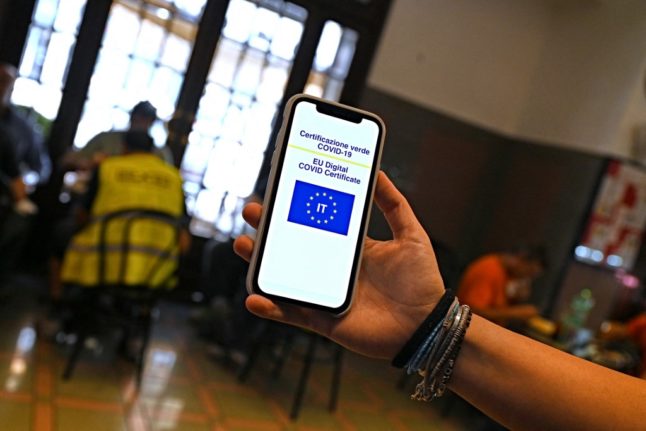On Wednesday November 3rd, the Swiss government announced a raft of new changes to the Covid certificate would come into effect.
The government said the validity of recovery from the virus would be extended to 12 months from the existing six months from the date of their PCR test-confirmed result.
Validity from being fully vaccinated is currently set at 12 months, but an extension to 18 months is being considered.
Swiss authorities said more studies were being done on the duration of immunity from both Covid infection and from vaccination, but indicated that a longer period of validity for those who have recovered from the virus was warranted.
In addition, anyone who believes that they have previously contracted the virus but who were not tested at the time can take an antibody test to check for immunity.
If sufficient antibodies are found, they will get 90 days of validity in the Swiss Covid certificate.
The antibody tests must meet WHO standards and must be paid for by the person seeking to get tested.
Antibody tests cost around 70CHF in Switzerland.
As expected, the Swiss government also announced that Covid booster shots would be offered for free.
Switzerland approved booster shots for those over 65 along with people in risk groups in late October, with shots to be administered from November 15th onwards.
Covid booster vaccinations in Switzerland: What you need to know



 Please whitelist us to continue reading.
Please whitelist us to continue reading.
Member comments